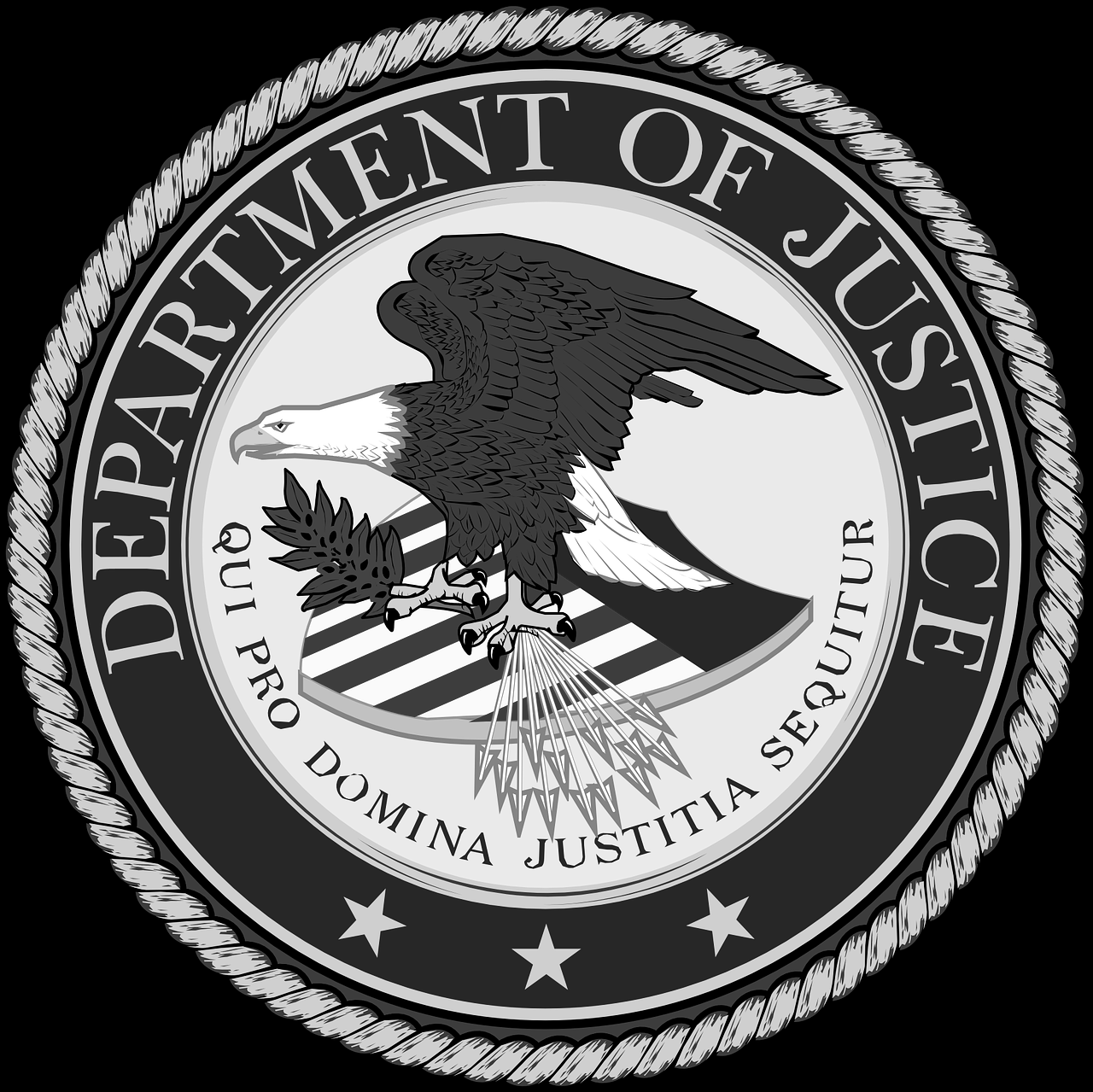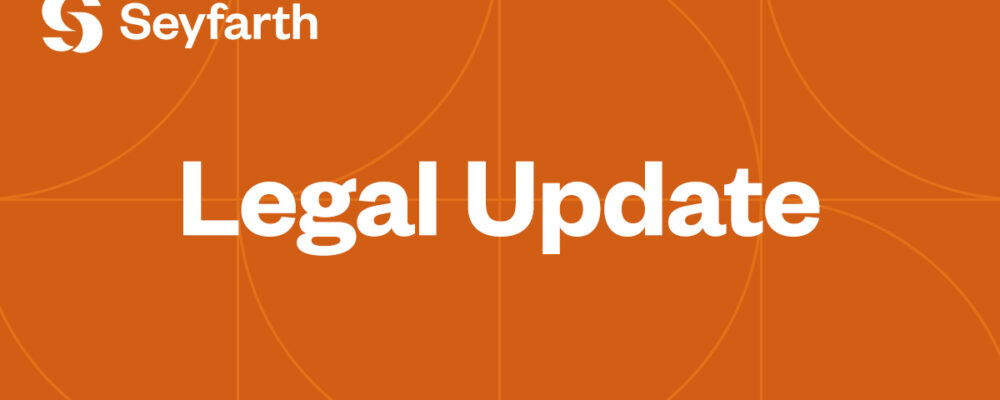By: Ashley S. Jenkins and Minh N. Vu
Seyfarth synopsis: The Trump DOJ rescinded five COVID-19 related documents and six older guidance documents designed to educate businesses on the requirements of the ADA, claiming that the recission will reduce the burden on businesses to review them.
On March 19, 2025, to comply with President Trump’s January 20, 2025 memorandum “Delivering Emergency Price Relief for American Families and Defeating the Cost-of-Living Crisis”, the Department of Justice (“DOJ”) announced that, to “deliver price relief to consumers” it was withdrawing eleven guidance documents it had issued over the years to educate covered businesses on the requirements of the Americans with Disabilities Act (“ADA”) and how to implement them in their operations. The DOJ said “[t]oday’s withdrawal of 11 pieces of unnecessary and outdated guidance will aid businesses in complying with the ADA by eliminating unnecessary review and focusing only on current ADA guidance.” It should be noted that neither the ADA nor DOJ required public accommodations to review these guidance documents in the first place.
The withdrawn guidances include 5 “question-and-answer” documents issued during the COVID-19 pandemic to assist individuals with disabilities and businesses in understanding their rights and obligations during that time, a 10-part training program called Reaching Out to Individuals with Disabilities that educates businesses on the various requirements of the ADA, and guidance documents specifically targeting hotels and lodging facilities, gas stations, and retail establishments.
The full list of eleven rescinded guidance documents are:
- COVID-19 and the Americans with Disabilities Act: Can a business stop me from bringing in my service animal because of the COVID-19 pandemic? (2021)
- COVID-19 and the Americans with Disabilities Act: Does the Department of Justice issue exemptions from mask requirements? (2021)
- COVID-19 and the Americans with Disabilities Act: Are there resources available that help explain my rights as an employee with a disability during the COVID-19 pandemic? (2021)
- COVID-19 and the Americans with Disabilities Act: Can a hospital or medical facility exclude all “visitors” even where, due to a patient’s disability, the patient needs help from a family member, companion, or aide in order to equally access care? (2021)
- COVID-19 and the Americans with Disabilities Act: Does the ADA apply to outdoor restaurants (sometimes called “streateries”) or other outdoor retail spaces that have popped up since COVID-19? (2021)
- Expanding Your Market: Maintaining Accessible Features in Retail Establishments (2009)
- Expanding Your Market: Gathering Input from Customers with Disabilities (2007)
- Expanding Your Market: Accessible Customer Service Practices for Hotel and Lodging Guests with Disabilities (2006)
- Reaching out to Customers with Disabilities (2005)
- Americans with Disabilities Act: Assistance at Self-Serve Gas Stations (1999)
- Five Steps to Make New Lodging Facilities Comply with the ADA (1999)
To further implement the Executive Order, the DOJ said it would highlight tax incentives that are available to businesses that make accessibility improvements. The DOJ has added a link to a 2006 guidance about those tax incentives from the homepage of www.ada.gov.
While the guidance documents issued during the COVID-19 pandemic are arguably no longer necessary, for those of us who specialize in this area of the law, they provided useful guidance on how certain legal principles in the ADA should be applied and interpreted outside of the COVID-19 context. The other guidance documents may be older, but some of them still contain highly relevant information in areas where the law has not changed, and were useful explanation to businesses of how different parts of the ADA statute and regulations should be applied by businesses. In short, while the recission of these guidance documents does not substantively impact the ADA’s requirements, it does beg the question of whether they will be replaced by new guidance documents that will take a more lenient and business-friendly approach to ADA compliance.
Edited by Kristina Launey
“With approximately 900 lawyers across 17 offices, Seyfarth Shaw LLP provides advisory, litigation, and transactional legal services to clients worldwide.”
Please visit the firm link to site





